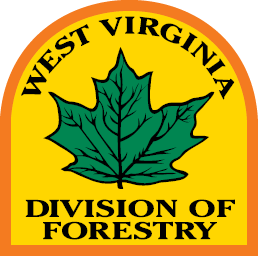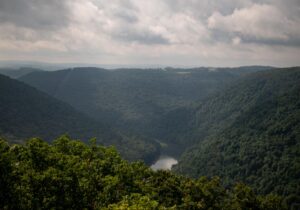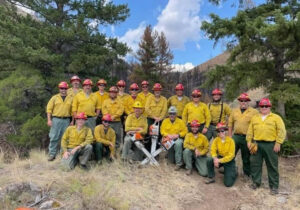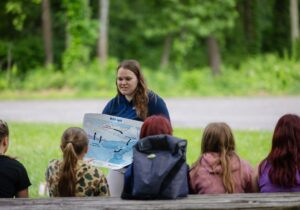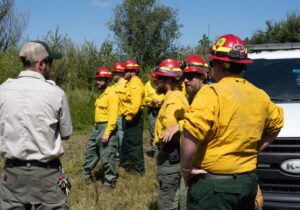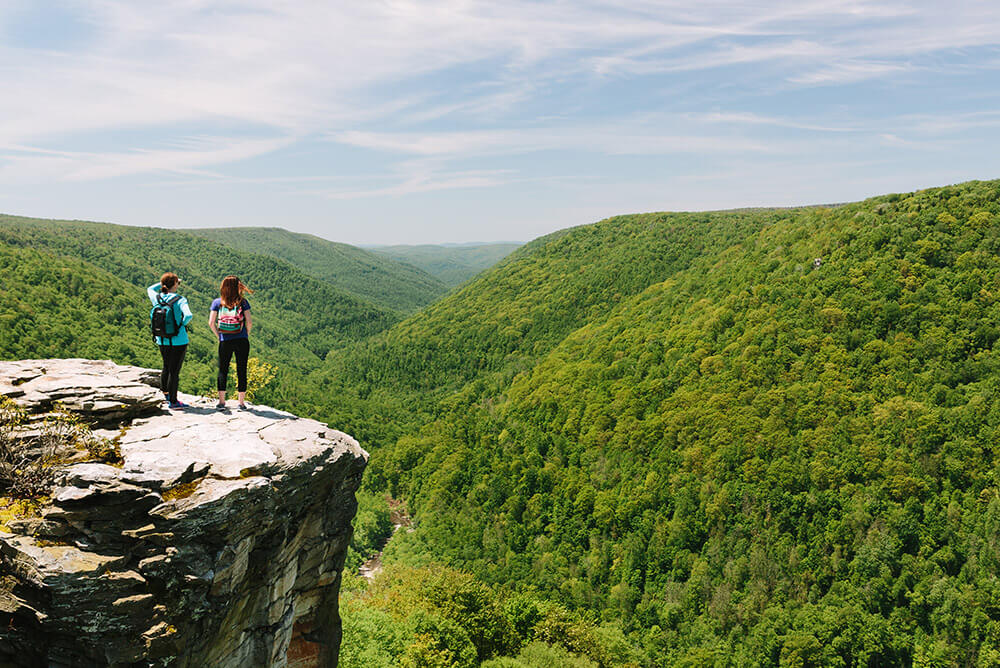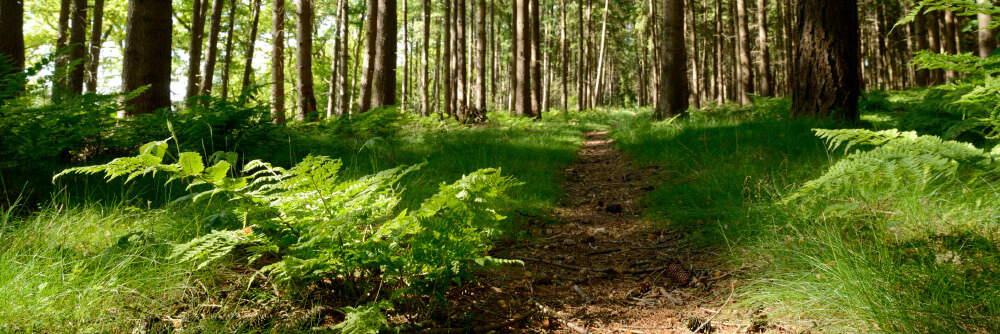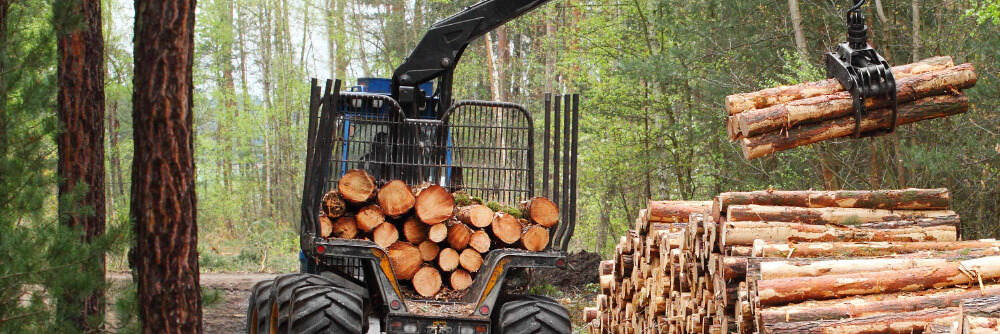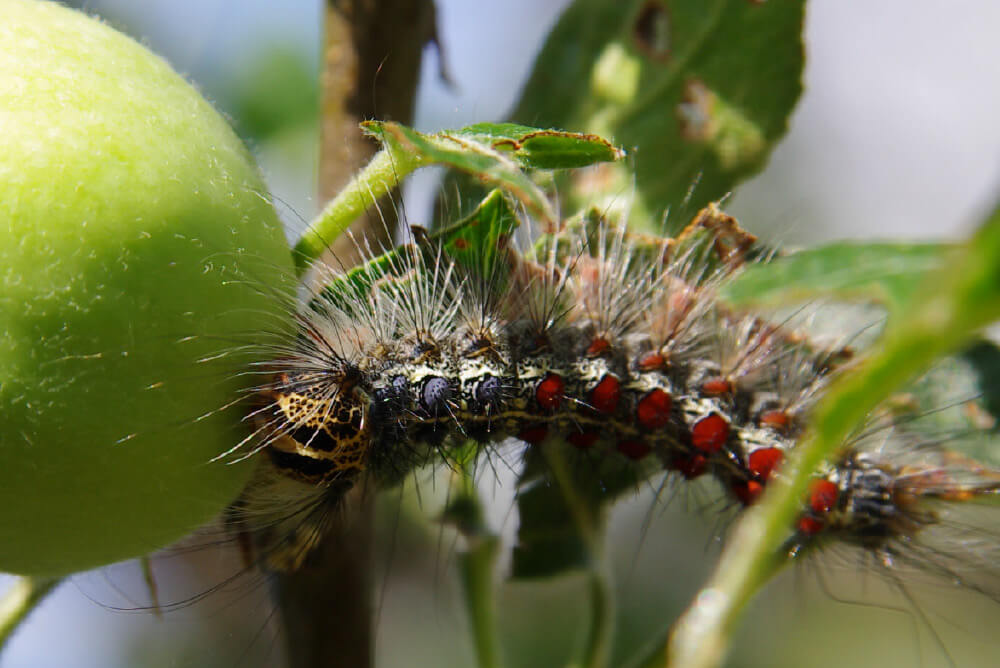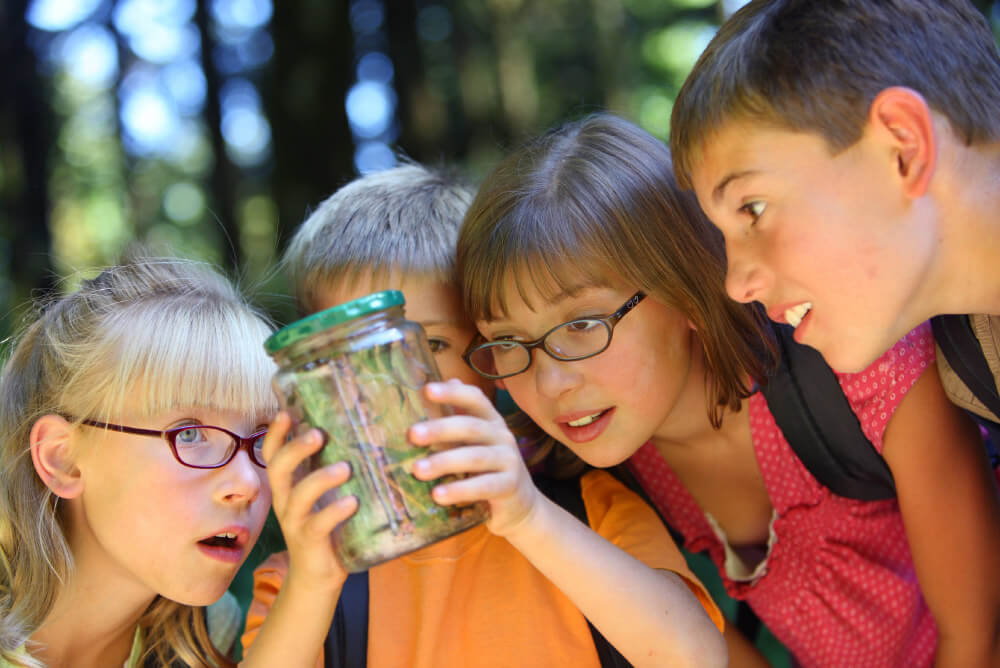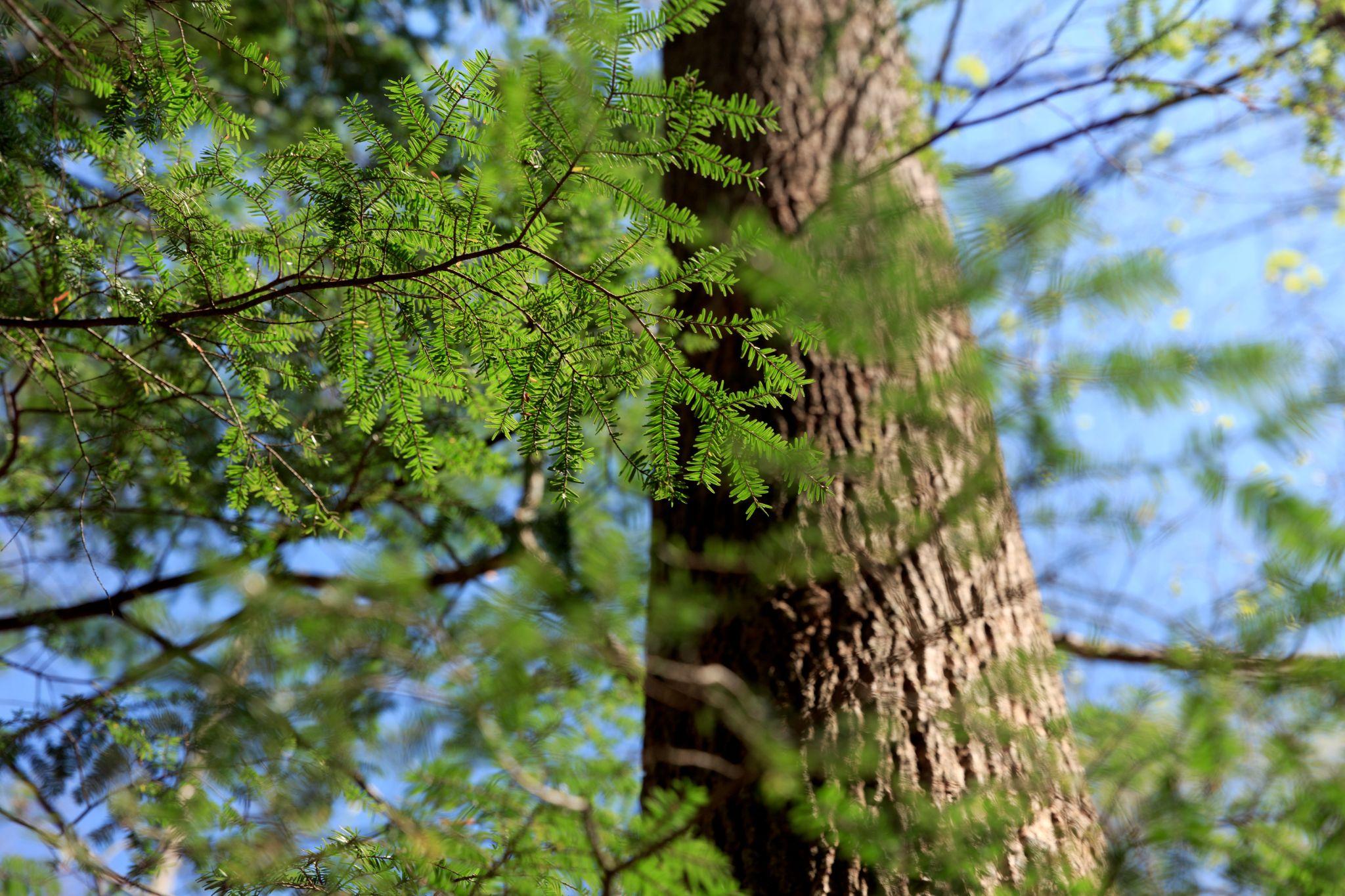 Project Learning Tree (PLT) is an initiative of the Sustainable Forestry Initiative, a non-profit charitable organization with the mission of advancing sustainability through forest-focused collaboration. Their award-winning resources offer a lifetime of learning from early childhood through adulthood, and their wide and diverse network provides professional development for educators and opportunities for young adults to explore forests and green careers.
Project Learning Tree (PLT) is an initiative of the Sustainable Forestry Initiative, a non-profit charitable organization with the mission of advancing sustainability through forest-focused collaboration. Their award-winning resources offer a lifetime of learning from early childhood through adulthood, and their wide and diverse network provides professional development for educators and opportunities for young adults to explore forests and green careers.
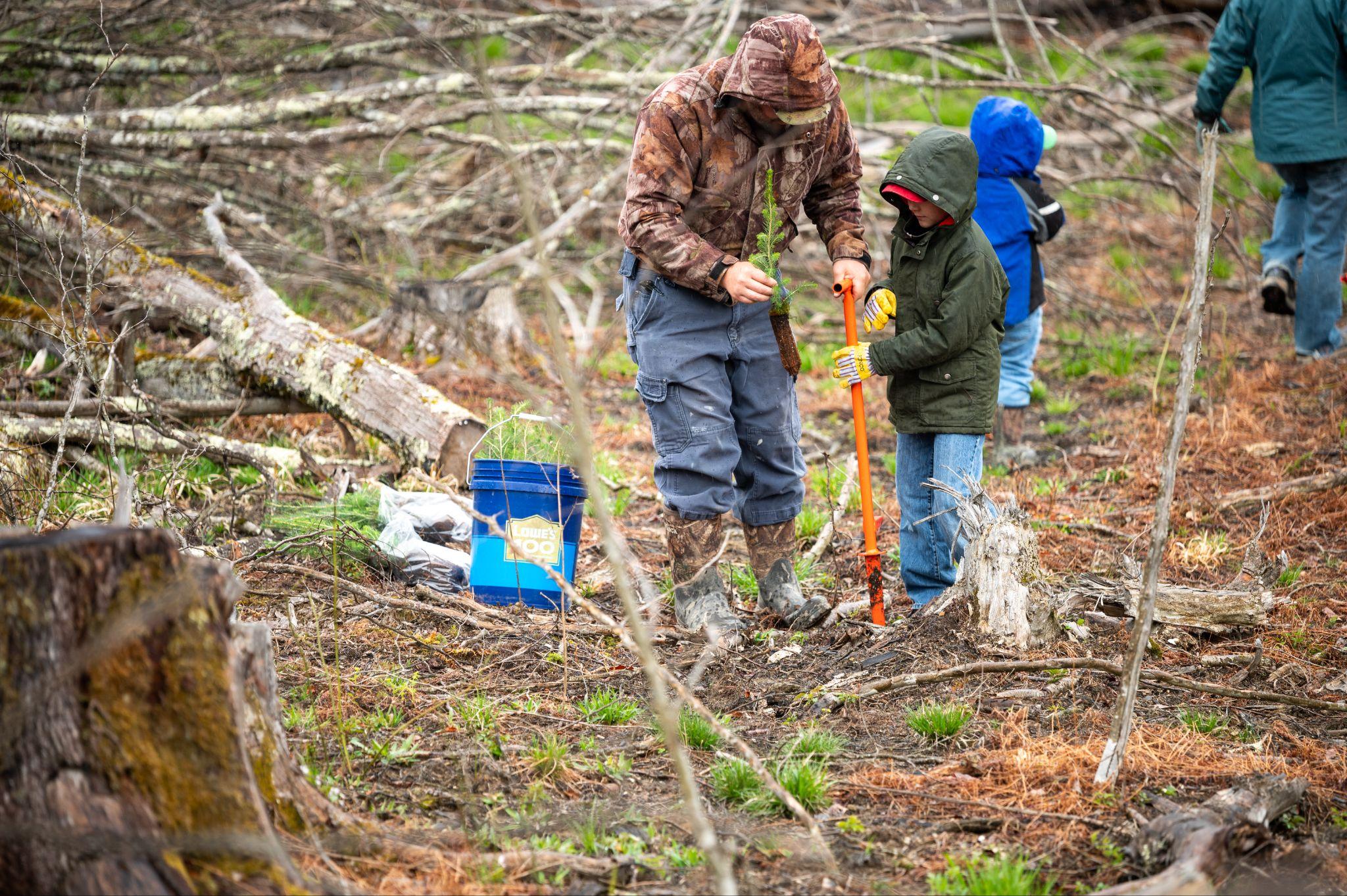 The goal of Project Learning Tree is to engage, educate and inspire children in the classroom about the world of the outdoors.West Virginia has successfully used Project Learning Tree within classrooms and group settings since 1976. This nationwide award-winning environmental education program acts as a “window to the world” to engage children in learning – both inside and outside.
The goal of Project Learning Tree is to engage, educate and inspire children in the classroom about the world of the outdoors.West Virginia has successfully used Project Learning Tree within classrooms and group settings since 1976. This nationwide award-winning environmental education program acts as a “window to the world” to engage children in learning – both inside and outside.
Designed for teachers, educators, parents and other community leaders, this program provides professional training, integrated lesson plans and a variety of resources.
Individuals participating in Project Learning Tree are professionally trained in effective and engaging methods for teaching youth about the world around them and their place within it.
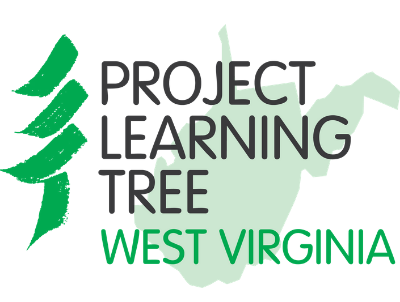 Children from preschool through 12th grade benefit from the hands-on learning that helps them excel in reading, writing, math, science and social studies. Students gain awareness of their surroundings. They learn to think critically and responsibly, and they learn to respect the opportunities our trees and forests provide, as well as the protection they require.
Children from preschool through 12th grade benefit from the hands-on learning that helps them excel in reading, writing, math, science and social studies. Students gain awareness of their surroundings. They learn to think critically and responsibly, and they learn to respect the opportunities our trees and forests provide, as well as the protection they require.
Breaking the Indoor Habit with Environmental Education
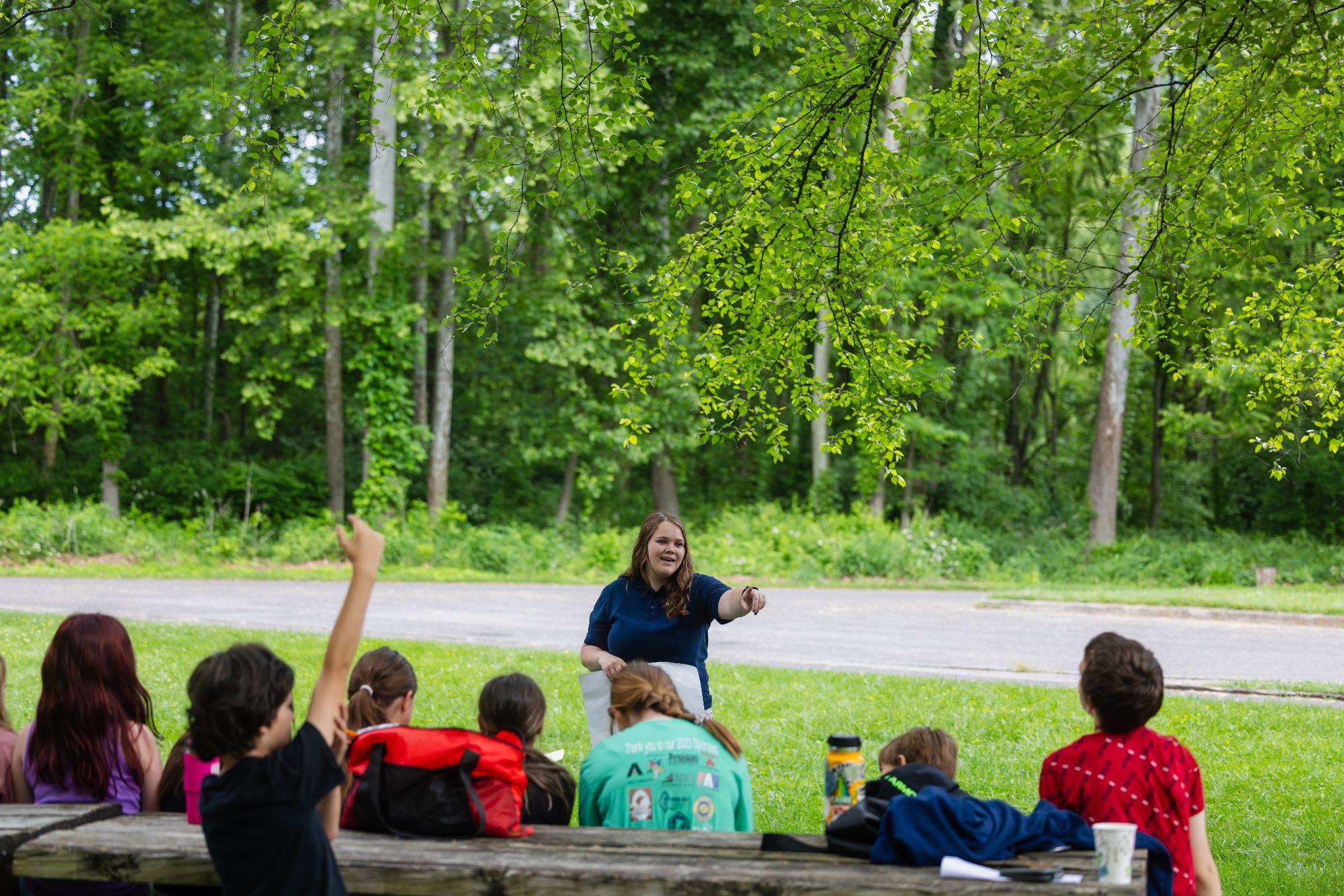 Environmental Education offers a more engaging alternative than simply sitting inside in a classroom. Students who participate in environmental education programs and activities are more likely to be more physically active, more creative and develop better social skills with their peers.
Environmental Education offers a more engaging alternative than simply sitting inside in a classroom. Students who participate in environmental education programs and activities are more likely to be more physically active, more creative and develop better social skills with their peers.
Environmental education also provides an opportunity for supporting students interested in science, technology, engineering and mathematics (STEM). They are able to gain and apply knowledge and skills in these areas that could lead to a career path or specific field of study.
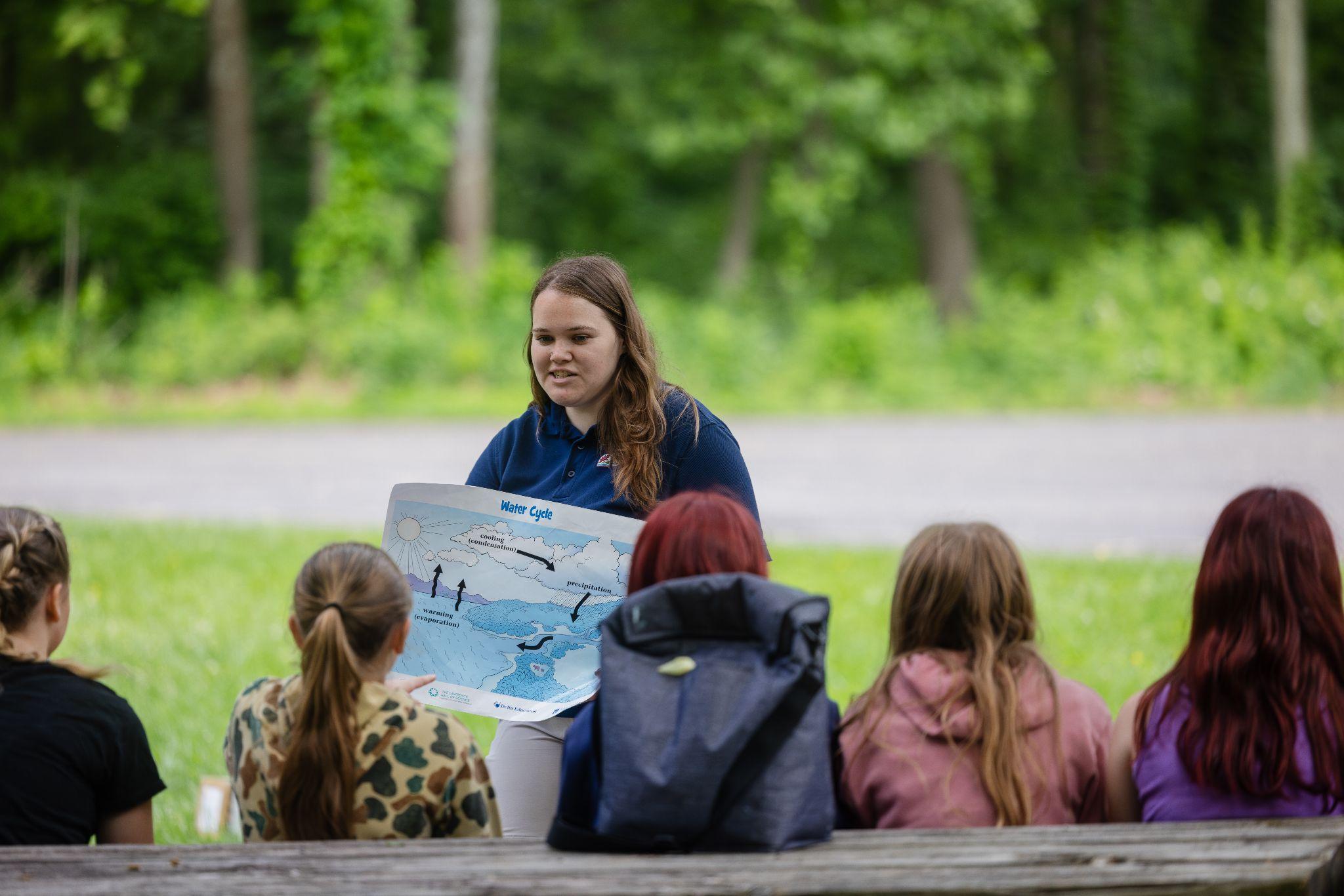 While there are many personal benefits from environmental education, this curriculum can help create and shape the next leaders of our society. The curriculum emphasizes cooperative learning with others, critical thinking and discussion and a focus on action strategies with real-world applications.
While there are many personal benefits from environmental education, this curriculum can help create and shape the next leaders of our society. The curriculum emphasizes cooperative learning with others, critical thinking and discussion and a focus on action strategies with real-world applications.
Creating Enthusiastic Students
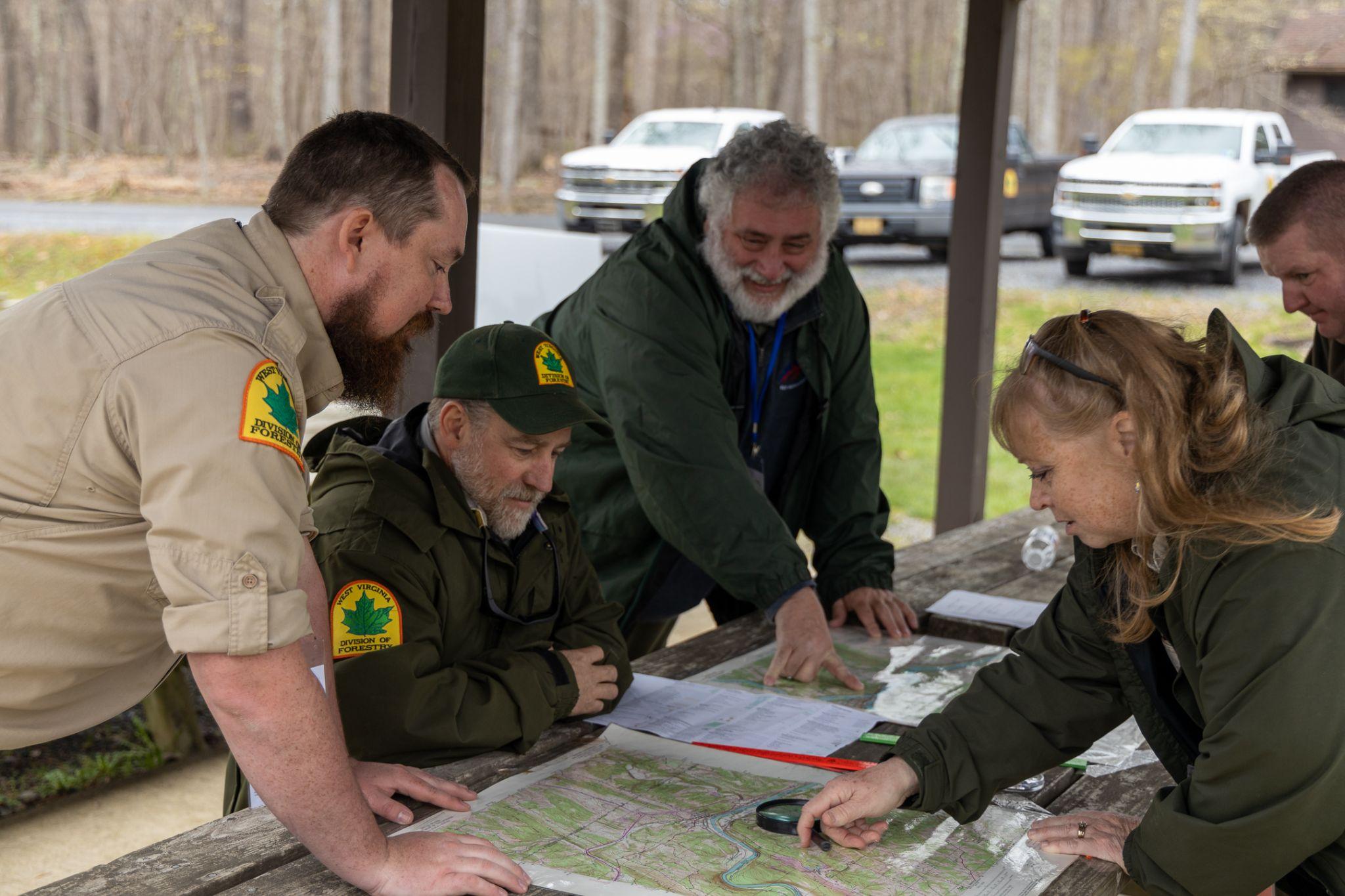 Environmental Education offers opportunities for hands-on, real-world learning. Project Learning Tree gives educators the confidence to take students outdoors and to design more dynamic, interactive learning experiences that spark students’ engagement.
Environmental Education offers opportunities for hands-on, real-world learning. Project Learning Tree gives educators the confidence to take students outdoors and to design more dynamic, interactive learning experiences that spark students’ engagement.
By teaching students how to think, Project Learning Tree is helping young people learn the problem-solving skills they need to make informed choices about the role we all play in our environment, while helping prepare the next generation’s workforce.
How Project Learning Tree Makes a Difference
Project Learning Tree encourages students to improve their schools, homes, and neighborhoods based on what they learn in the classroom.
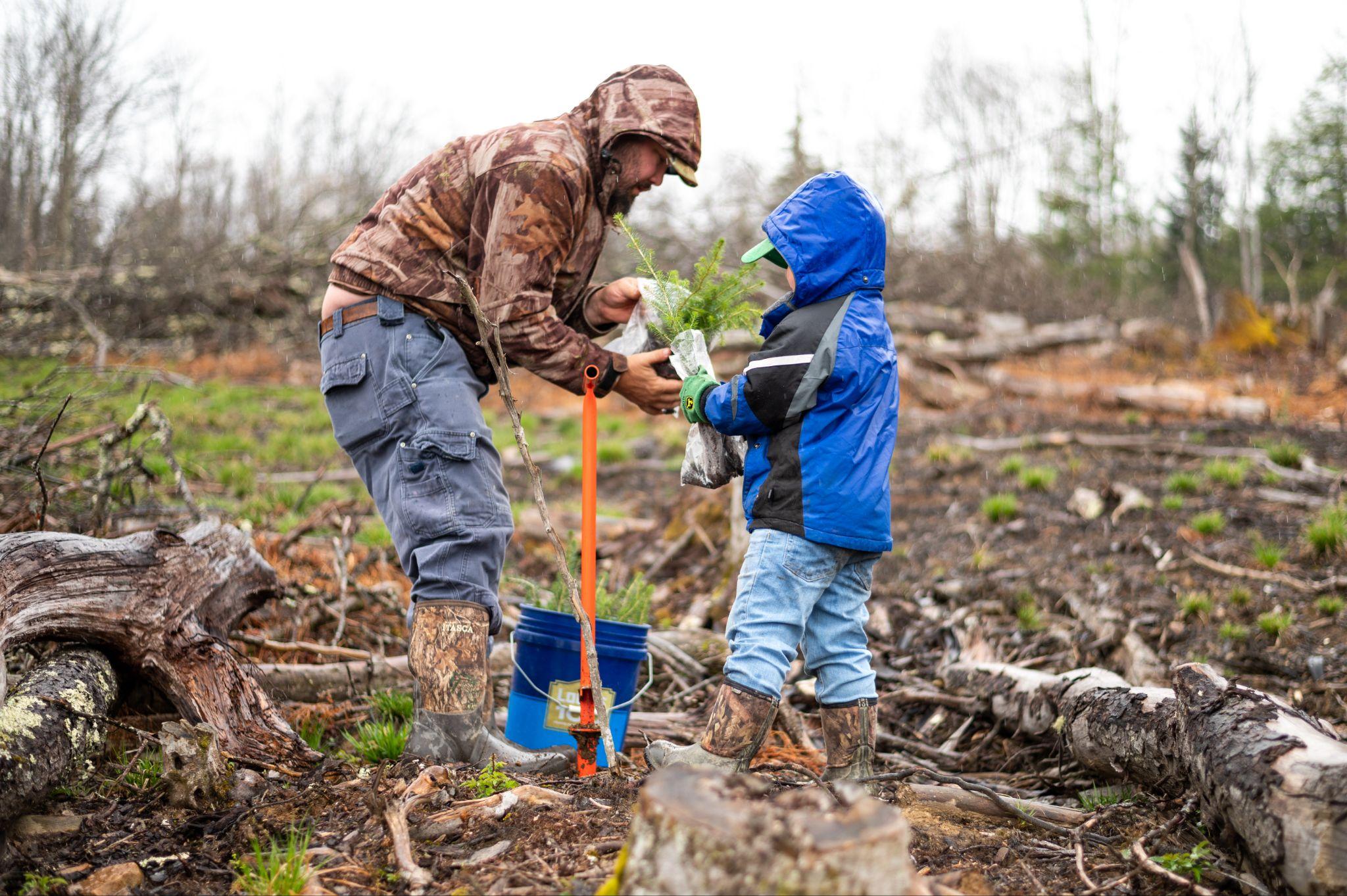 The program and curriculum provides educators with peer-reviewed, award-winning materials to engage students in learning about the environment.
The program and curriculum provides educators with peer-reviewed, award-winning materials to engage students in learning about the environment.
“More than 675,000 teachers have received training in Project Learning Tree since the program’, making PLT one of the most widely-used environmental education programs in the United States.”
Want to learn more about PLT in West Virginia?
Visit the West Virginia PLT Website and contact your PLT State Coordinator:
Linda Carnell
West Virginia PLT State Coordinator
West Virginia Division of Forestry
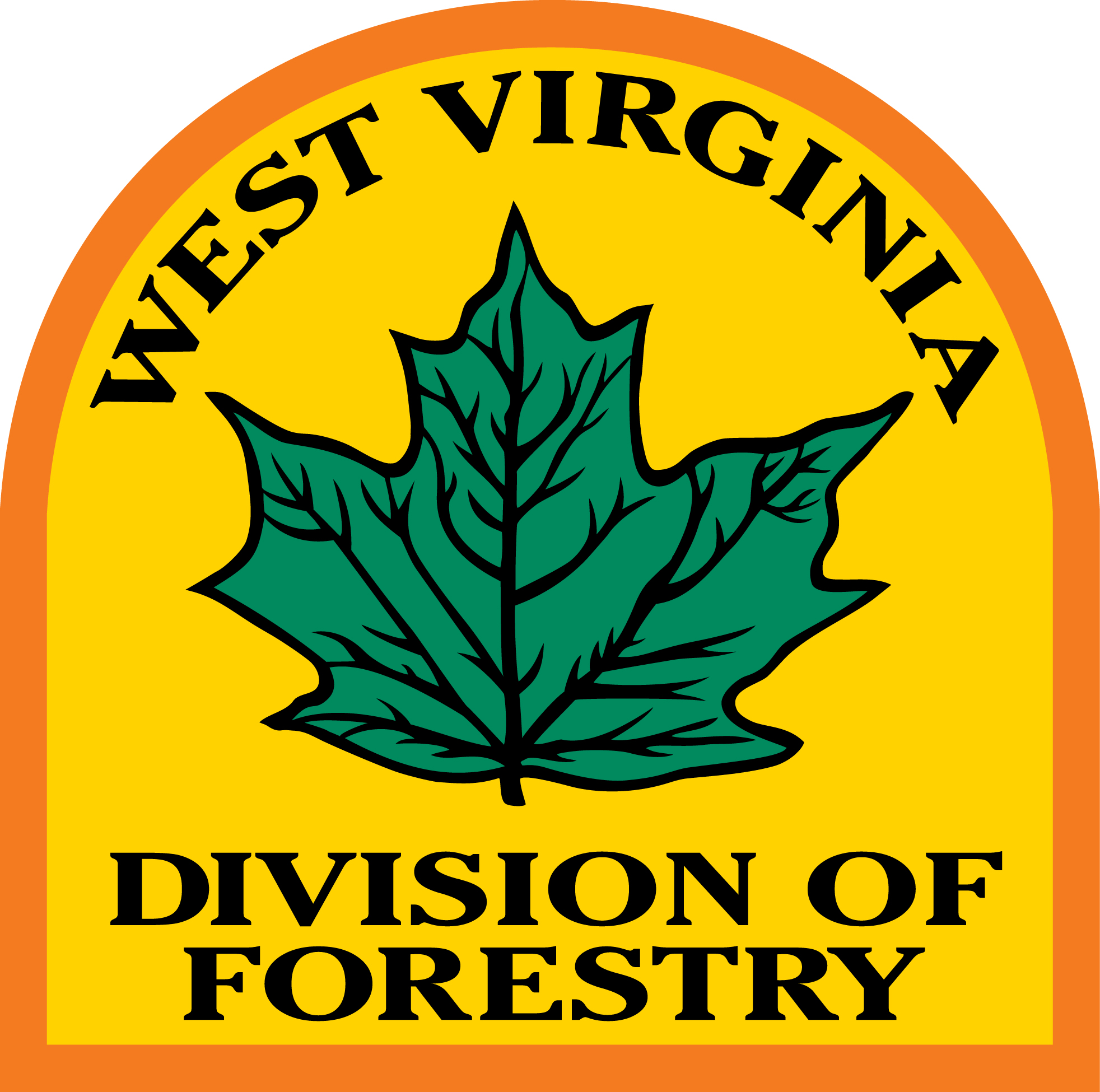
The Division of Forestry protects nearly 12 million acres of forestland across West Virginia. For more information on fire safety and programs like forest legacy, logging and landowner assistance, visit wvforestry.com.
